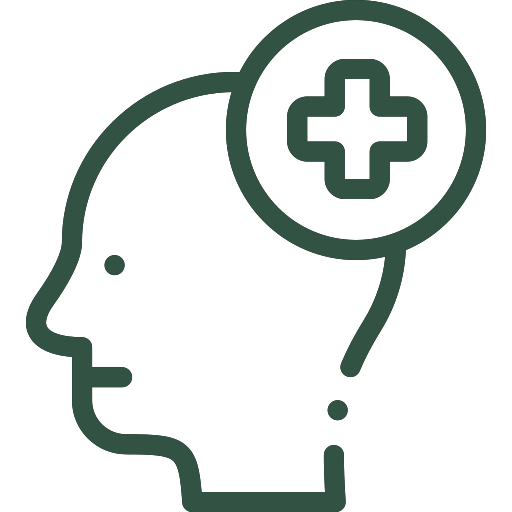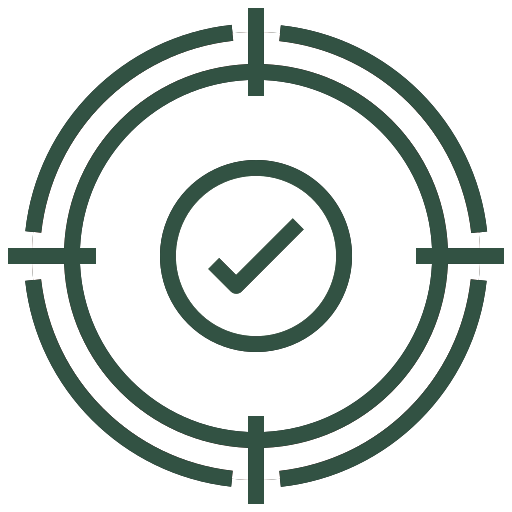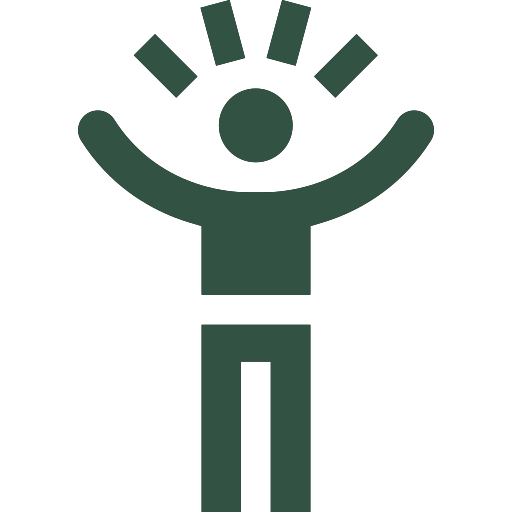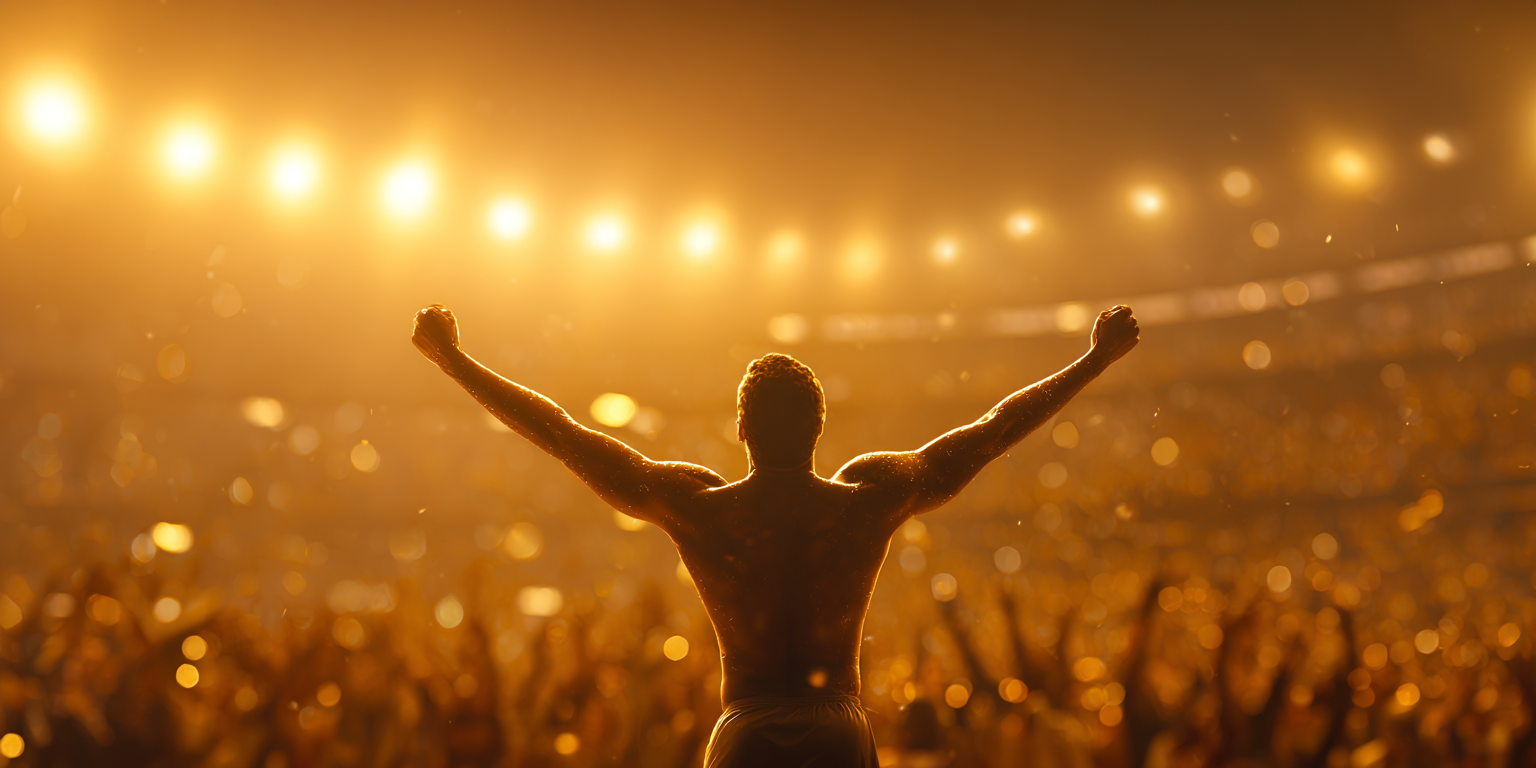
Sports Psychology
Athlete Mental Performance Coaching
The difference between winning and losing often lies in the mind. At CPC Clinics, our sports psychology coaching helps athletes build focus, confidence, and resilience to perform at their best. Led by experts, we combine therapy and coaching to unlock your full potential on and off the field.
Trauma Therapy Overview: Our trauma recovery program is comprehensive and may include:

Performance Anxiety Reduction:
Performance Anxiety Reduction:
Do you get butterflies or even choke during competition? …
Performance Anxiety Reduction:
Do you get butterflies or even choke during competition? We teach anxiety-management techniques like deep breathing, progressive muscle relaxation, and pre-performance routines to keep you calm and composed. You’ll learn how to embrace adrenaline and turn nerves into focused energy rather than fear.

Goal Setting and Motivation:
Goal Setting and Motivation:
Together, we establish clear, achievable process and outcome …
Goal Setting and Motivation:
Together, we establish clear, achievable process and outcome goals for your athletic development. We break big dreams (e.g., making Team Alberta or shaving a minute off your 10k) into concrete short-term targets. By tracking progress and celebrating wins, you stay motivated. We also reconnect you with your intrinsic motivation , the love of the game , so sport stays fulfilling, not just pressure-packed.

Visualization and Imagery Training:
Visualization and Imagery Training:
We harness the power of your imagination to improve …
Visualization and Imagery Training:
We harness the power of your imagination to improve performance. You’ll practice guided imagery , vividly visualizing successful performance (that perfect golf swing, crossing the finish line strong). This mental rehearsal strengthens neural pathways similar to physical practice, boosting confidence and execution when it counts.

Focus and Concentration Skills:
Focus and Concentration Skills:
Learn techniques to tune out distractions and enter the “zone …
Focus and Concentration Skills:
Learn techniques to tune out distractions and enter the “zone” on demand. Using cue words, mindfulness exercises, and concentration grids, we help you sharpen attention to the present play and quickly refocus after disruptions. Whether it’s a screaming crowd or a past mistake, you’ll gain control over your attention so your mind stays on the game.

Team Dynamics and Leadership:
Team Dynamics and Leadership:
For team sport athletes, we offer sessions on communication …
Team Dynamics and Leadership:
For team sport athletes, we offer sessions on communication, leadership, and cohesion. This might involve team sessions or one-on-one coaching on how to be a positive leader, handle conflicts constructively, and enhance team chemistry. A mentally united team often outperforms a collection of individuals.

Team Dynamics and Leadership: For team sport athletes, we offer sessions on communication …
Team Dynamics and Leadership: For team sport athletes, we offer sessions on communication, leadership, and cohesion. This might involve team sessions or one-on-one coaching on how to be a positive leader, handle conflicts constructively, and enhance team chemistry. A mentally united team often outperforms a collection of individuals.
How Sports Psychology Coaching Helps You Excel
Our sports psychology program uses proven, evidence-based interventions to equip athletes with the mental tools needed for peak performance. We focus on building psychological skills that translate directly to resilience, focus, and confidence in both training and competition. Here’s how our key approaches work and the specific benefits you’ll experience:

1. Building Mental Resilience Under Pressure
We use a combination of Cognitive-Behavioral Training (CBT), arousal regulation, and mindfulness to reshape your response to… read more

2. Achieving Enhanced Focus and Consistency
Rooted in mindfulness and mental rehearsal, our approach trains your brain to stay in the present moment… read more

3. Cultivating Unshakeable Confidence and Enjoyment
We use a structured approach to build genuine self-belief. This involves Cognitive-Behavioral Therapy (CBT) to identify and replace negative… read more
Meet Our Calgary Sports Counsellor :
Flexible & Accessible Counselling Options :
Develop the mental resilience and unshakeable confidence needed to achieve peak performance under pressure. Our sports psychology coaching equips you with proven strategies to manage anxiety, sharpen focus, and consistently perform at your best.

Sessions start from $240 CAD per session

Insurance billing available under specific conditions

In-person sessions available in Calgary

Virtual therapy sessions offered throughout Alberta
Let's find a time and format that works best for you.
Blogs:
The Top 5 Mental Skills of Elite Athletes
A Guide to Cultivating a Peak Performance Mindset with Mental Skills Training
Frequently Asked Questions:
Ans: Not at all. Sports psychology is beneficial for athletes at all levels , from youth and high school athletes to collegiate competitors, weekend warriors, and yes, elite pros. If you have goals in sport and you sometimes struggle mentally (with nerves, confidence, focus, etc.), you can gain something from mental skills training. In fact, learning these skills early (as a teen or amateur) can set you up for greater success and enjoyment long-term. We work with a range of clients here in Calgary: a 12-year-old soccer player wanting to build confidence, a 40-year-old marathoner aiming for a personal best, even an esports competitor honing their concentration. You set the definition of “elite” for your situation , maybe your Olympics is the Calgary Marathon, or making the varsity team. Sports psychology meets you where you are and helps you get where you want to be, mentally and performance-wise. There’s no requirement of being a professional; just a desire to improve your mental game.
Ans: The terminology can be confusing. “Sports Psychologist” technically refers to a psychologist who is licensed and often has a specialization in sport psychology (which may involve a doctorate and certification). A “mental skills coach” or “performance consultant” might not be a licensed psychologist but is trained in sport psychology techniques. At CPC Clinics, Marggie Marks is a Registered Social Worker with coaching certification and sport psychology training , so she straddles both worlds. She can help with mental skills like a coach and also address deeper issues (like anxiety, slumps, or emotional blocks) with therapeutic expertise. The key difference tends to be scope: a psychologist can also assist with clinical issues (like severe anxiety, depression, or trauma related to sport), and their services might be covered by health insurance. A mental skills coach might focus purely on performance enhancement techniques and typically isn’t covered by insurance. We use the term “sports psychology” because our approach is evidence-based and rooted in psychological science. Rest assured, whether you call it mental coaching or sports psychology, the goal is the same , improving your mental performance. If you specifically need a licensed psychologist (for example, some national teams require it), we can accommodate or refer accordingly. For most athletes, the important thing is the expertise and results, and Marggie has a strong track record in both.
Ans: Yes, definitely. Performance anxiety is one of the most common issues we address, and it often comes with those uncomfortable physical symptoms (butterflies, sweating, rapid heartbeat, shaky hands, even nausea). We use a combination of techniques to target both mind and body. For instance, we’ll teach you diaphragmatic breathing and quick muscle relaxation exercises that directly calm the autonomic nervous system , slowing your heart rate and reducing that adrenaline surge. We’ll also work on the thoughts fueling your anxiety (e.g., “Everyone’s watching me, I can’t mess up”) to shift them to a more balanced perspective (“I’ve trained for this, I’ll just do my best”). Visualization can help too: we might visualize you feeling calm and confident in the pre-game moments, so your brain starts associating those situations with calmness instead of fear. Biofeedback is another tool (we can use technology to show you how your breathing/heart rate are doing and train you to control them). Over time, with practice, athletes often report a big reduction in physical anxiety symptoms. They might still feel “amped up” in a good way, but not sick or shaky. Also, by experiencing success in managing one instance of nerves (say, you used the techniques and had a great performance), you build confidence that “Hey, I can handle this,” which further reduces future anxiety. It’s a virtuous cycle. So yes , while it may not vanish overnight, with sports psychology support you can absolutely get those pre-game jitters to a manageable or even beneficial level (a bit of excitement can be good!). Many clients go from dreading those moments to embracing them.
Ans: This can vary depending on your goals and issues, but sports psychology is often a short-to-medium term training. Some athletes might see noticeable improvements after just a few sessions, especially if they diligently practice the techniques between meetings. For example, learning a breathing exercise in session one and using it daily might yield calmer nerves by the next competition. Generally, we encourage committing to around 4-6 sessions to learn a suite of mental skills and refine them. These might be weekly or bi-weekly initially. Within that timeframe, many athletes report better focus, confidence, or reduced anxiety. For more ingrained challenges (like overcoming a serious performance block or recovering mentally from a major injury), it could take longer , maybe a few months of support. Sometimes athletes choose to continue with periodic check-ins throughout a season, kind of like mental tune-ups, which can be monthly or aligned with competition schedule. Sports psychology is also very goal-driven: if your goal was, say, “improve free throw percentage through concentration techniques,” we might set an initial 5-session plan and then re-evaluate, possibly concluding or setting new goals. The good news is mental skills can sometimes show faster improvement than physical skills , you might wait weeks for muscle gains, but a mindset tweak can be immediate. Of course, like physical training, consistent practice is key; the more you integrate the techniques into your daily training, the quicker and more solid the improvements. Our aim is to equip you with tools so eventually you’re self-sufficient, using what you learned whenever needed (kind of like graduating from the need for constant coaching and becoming your own mental coach). We’ll tailor the length of service to your needs and budget, and we’ll regularly discuss your progress to ensure the training is effective for you.
Ans: It’s true that some coaches or teammates might not be familiar with sports psychology or might be skeptical, but the landscape is changing , mental training is becoming as standard as physical training at many levels. Nonetheless, if you’re facing skepticism, here’s how to handle it:
- Keep it personal: Remember that working on your mental game is your initiative for self-improvement. You don’t necessarily need your coach’s active involvement to benefit from it. Much of what you learn (breathing techniques, focus routines, positive self-talk) can be done quietly and internally. No one even needs to know you’re doing it if you feel they’d mock it. For example, you can do a breathing exercise on the bench that just looks like you’re sitting quietly.
- Demonstrate results: Often, doubters become believers when they see improvement. If your performance becomes more clutch or consistent, coaches will notice. You can then choose to share, “Actually, I’ve been working on my mental game with a professional.” Sometimes that opens their eyes. Or you might keep it to yourself but enjoy the benefits as your coach simply sees you playing better. Winning them over by winning (or improving) is very effective.
- Selective sharing: If you have a good relationship with your coach, you might educate them gently. Maybe share an article or mention casually, “Hey, I tried this visualization technique I read about, and it really helped my pre-game nerves.” Some coaches get curious when they see mainstream acceptance (like “Coach, did you know the Calgary Flames have a full-time sports psychologist on staff?” , which is true of many pro teams). If it’s a team setting, perhaps you and a few teammates are interested; we could even arrange a group workshop which might be more normalized.
Use it as a secret weapon: Honestly, if others aren’t on board, think of your sports psychology training as an edge you have over the competition (even if that competition is within your team). Mental toughness often separates otherwise equal athletes. You’re sharpening a part of your game they’re neglecting. That’s an advantage. At the end of the day, proof is in the pudding. Sports psychology has decades of research and high-profile success stories behind it. If an old-school coach sees you go from shaky to solid or from inconsistent to reliable, they usually won’t care how you did it , they’re just happy you did. And if they ask, you can then educate them. It’s also worth noting that sports psychology isn’t fluffy , it’s as practical as refining a swing or doing strength drills. Sometimes framing it to a coach as “mental skills training” or “focus drills” (athletic language) rather than “psychology” (which they might misinterpret) can make it more palatable. We can also provide literature or even talk to a coach if that would help. But if not, no worries , this is your journey, and you’ll reap the benefits regardless of initial skepticism from others.
Ans: We understand that athletes often have very full schedules. The good news is that sports psychology training is flexible and efficient. Our aim is to integrate mental skills into what you’re already doing, rather than create a huge separate workload. For example:
- Brief exercises: Many techniques only take a few minutes a day. Perhaps 5 minutes of visualization before bed, or practicing a breathing technique for 2 minutes during your lunch break. These are small investments for potentially big returns.
- During existing routines: We often piggyback on routines you already have. If you stretch before practice, we might add a mindfulness component to those 10 minutes. If you do physical warm-ups, we can include a mental warm-up (like reciting your cue words or doing a quick focus drill) at the same time. You likely won’t feel like it’s an extra task, just a slight tweak to what you already do.
- Quality over quantity: It’s similar to physical training , a short, high-quality mental practice is better than a long, distracted one. We’ll help you learn to maximize the impact in limited time. Maybe you choose one skill to really focus on per week. For instance, this week every day you set a small goal and review it. Next week, you concentrate on imagery. Layering gradually like this can fit into a busy life without overwhelm.
- Scheduling sessions: Our sessions at CPC can be arranged at times that don’t conflict with your training (perhaps midday, or an evening off). Some athletes opt for bi-weekly sessions instead of weekly to accommodate competition schedules. We can also do sessions via video call if commuting is an issue , saving you time.
Mental rest is physical rest: Interestingly, incorporating relaxation techniques can also serve as recovery. When you do a guided relaxation or mindfulness exercise, it’s not only training your mind but also giving your body a moment of rest and reducing stress hormones. So one could argue that 10 minutes of mental training could double as valuable recovery time, which busy athletes need anyway. Our approach is very much about personalization. If we know you’re juggling university and twice-a-day practices, we’ll tailor a program that might be 10-15 minutes a day of stuff, split into small chunks. And remember, the goal is to make training more effective and competitions less stressful, which in turn can save time and energy (for example, fewer sleepless nights worrying about a game = better recovery, etc.). So, think of sports psychology as working smarter, not harder. It shouldn’t feel like a burden; it’s more like a secret hack that actually eases some burdens. We’ll make sure it feels manageable , and we’ll adjust if at any point it feels like too much.
Ans: Yes, those are exactly the kinds of challenges sports psychology excels at handling. Mental blocks , whether it’s a gymnast balking on a skill, a basketball player suddenly unable to shoot like they used to (think the “yips”), or a skater afraid to fall again after a bad injury , have psychological roots that we can treat with specific strategies. For fear of re-injury, for example, we might use gradual exposure techniques, much like in therapy for phobias. If you're physically but mentally hesitant, we’d start with vividly imagining the skill executed safely, then maybe doing it in practice drills with extra pads or spotting, and building up confidence step by step until you trust your body again. We also address the thoughts (“If I do this, I’ll get hurt again”) by examining evidence (your injury was a one-time event, you’re stronger now, etc.) and creating a new narrative (“I am prepared and in control”). Relaxation and self-talk are used to keep your anxiety in check as you attempt the skill. For the “yips” or performance blocks, we often focus on retraining focus and easing pressure. Sometimes a block comes from overthinking a skill that used to be automatic. So, we’d work on techniques to quiet the over-analysis (like external focus cues, or pre-shot routines to reset your mind). We might also do exercises to rebuild confidence in that skill by breaking it down and experiencing success in pieces. In some cases, visualization can be powerful , seeing yourself doing the feared skill perfectly in your mind can begin to erase the mental block. Marggie also has a trauma-informed approach, which helps when a fear is rooted in a traumatic fall or crash. That means she’ll ensure we proceed at your pace, using techniques to keep you from getting overwhelmed as you confront the fear. Athletes who overcome mental blocks often describe it as a huge weight lifted , they get their joy back. It can take some work, but with the right mental tools, those blocks can be broken. We’ve seen athletes go from “I can’t make myself do this” to “I’m doing it freely again” and smiling about it. So don’t be discouraged , a mental block is not a dead end, it’s just a challenge that needs a mental solution, and that’s what we’re here for.








